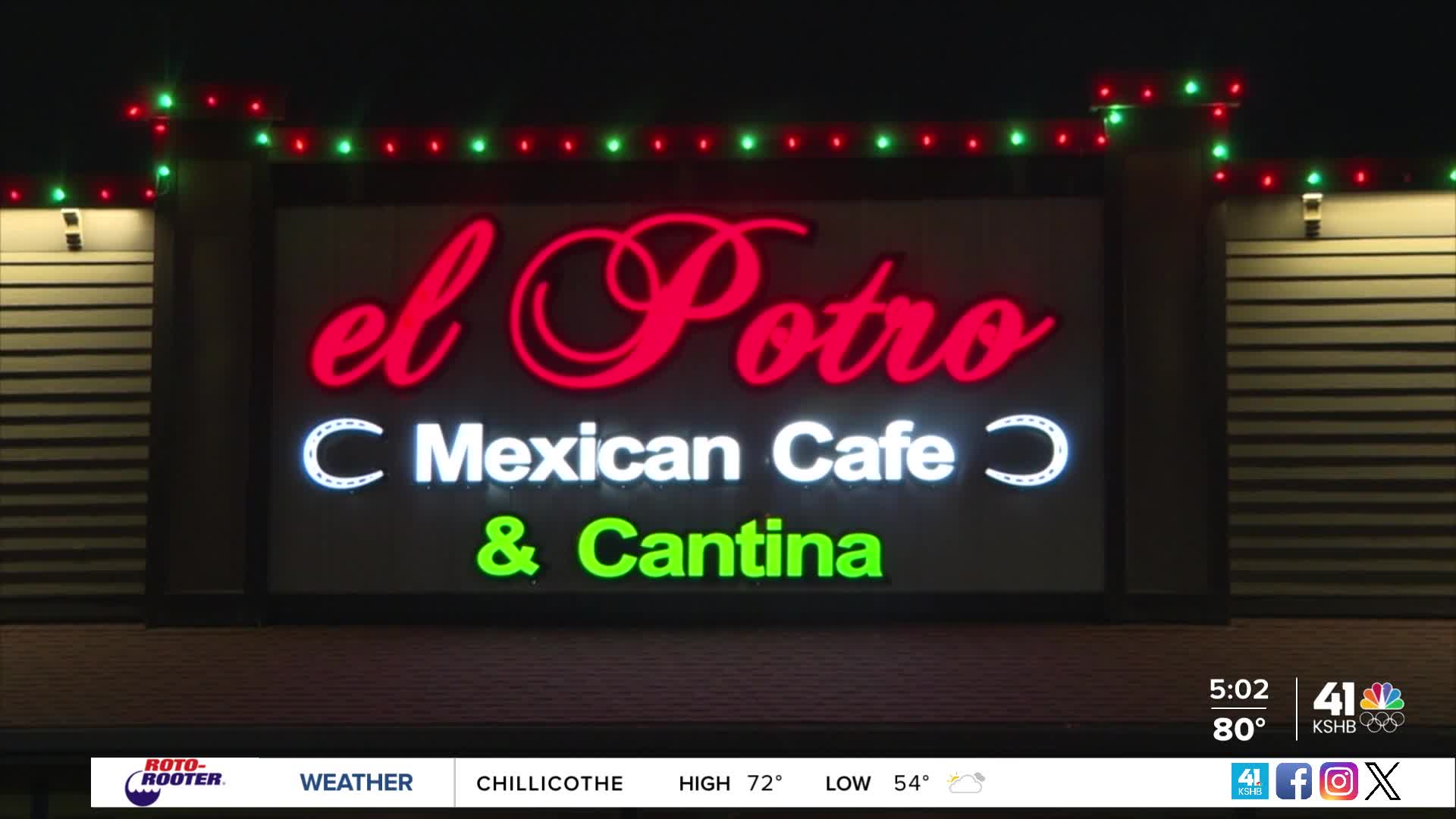KANSAS CITY, Mo. — Following the arrests of people in Liberty, Missouri, and Chicago, a federal judge has ruled that the Department of Homeland Security and ICE agents violated a previous agreement prohibiting them from arresting undocumented individuals without warrants or probable cause.
This dates back to a 2018 class action lawsuit, Castañon Nava vs. DHS, that was settled in 2022.
As part of that settlement, restrictions were placed on DHS and ICE for the next three years.
However, per the complaint filed in Illinois, shortly after President Donald Trump's term began and ICE started targeted raids, some of the plaintiffs asked a judge to take action, claiming the terms of the 2022 settlement had been violated in both Chicago and Liberty.
After reviewing the evidence, the judge ruled that ICE did, in fact, arrest 22 out of 26 people without a warrant in violation of that previous court agreement. Twelve of those individuals were part of a Feb. 7 mass arrest at the El Potro Restaurant in Liberty.
At the time, Clay County Sheriff Will Akin told KSHB 41 News that federal agents were looking for a person wanted on a warrant for a child sex crime.
New court documents revealed that ICE said it targeted El Potro because it "believed that a foreign national with a felony narcotics conviction was employed there."
According to court records, when they arrived at the restaurant, the owner agreed to let agents interview employees.
With guards stationed at both doors, those employees were brought into the dining room to conduct interviews, provide documentation, and some were subjected to fingerprinting. Two hours later, 12 of them were arrested.
The judge in this case acknowledged that while the 12 people were foreign nationals in the United States illegally, and although federal agents had the authority to "briefly detain" the employees, the two hours of questioning before their arrests were not "brief."
The judge also recognized that the individuals were not aware they were free to leave or had an option to decline to answer questions.
Without a warrant, the judge noted the only probable cause justifying an arrest would involve evidence that those individuals were likely to flee before a warrant could be obtained. However, the Court found that to be nonexistent in this case, pointing to employees' willing compliance.
The judge has extended the agreement, keeping DHS and ICE to these terms until Feb. 2, 2026, and is adjusting the requirements imposed on ICE to "better ensure that plaintiffs can trace ICE's compliance with the agreement."
LINK | Judge's full ruling
Following the ruling, the National Immigrant Justice Center issued a statement that reads in part, “The court emphasizes that ensuring ICE has probable cause to make an arrest is more important than ever in the aftermath of the Supreme Court’s Vasquez Perdomo racial-profiling decision. This decision gives us tools to hold DHS and ICE accountable.”
Similarly, the ACLU of Illinois shared, “Today’s decision makes clear that DHS and ICE – like everyone else – must follow the Constitution and the law. The federal government’s reckless practice of stopping, harassing and detaining people – and then finding a justification for the action must end. The Trump administration’s destructive mass deportation scheme is not a reason to toss aside bedrock constitutional principles, disregard federal law or court orders. We look forward to vigorously enforcing this agreement moving forward."
KSHB 41 reached out to the Department of Homeland Security for comment, but has not received a response.
—





